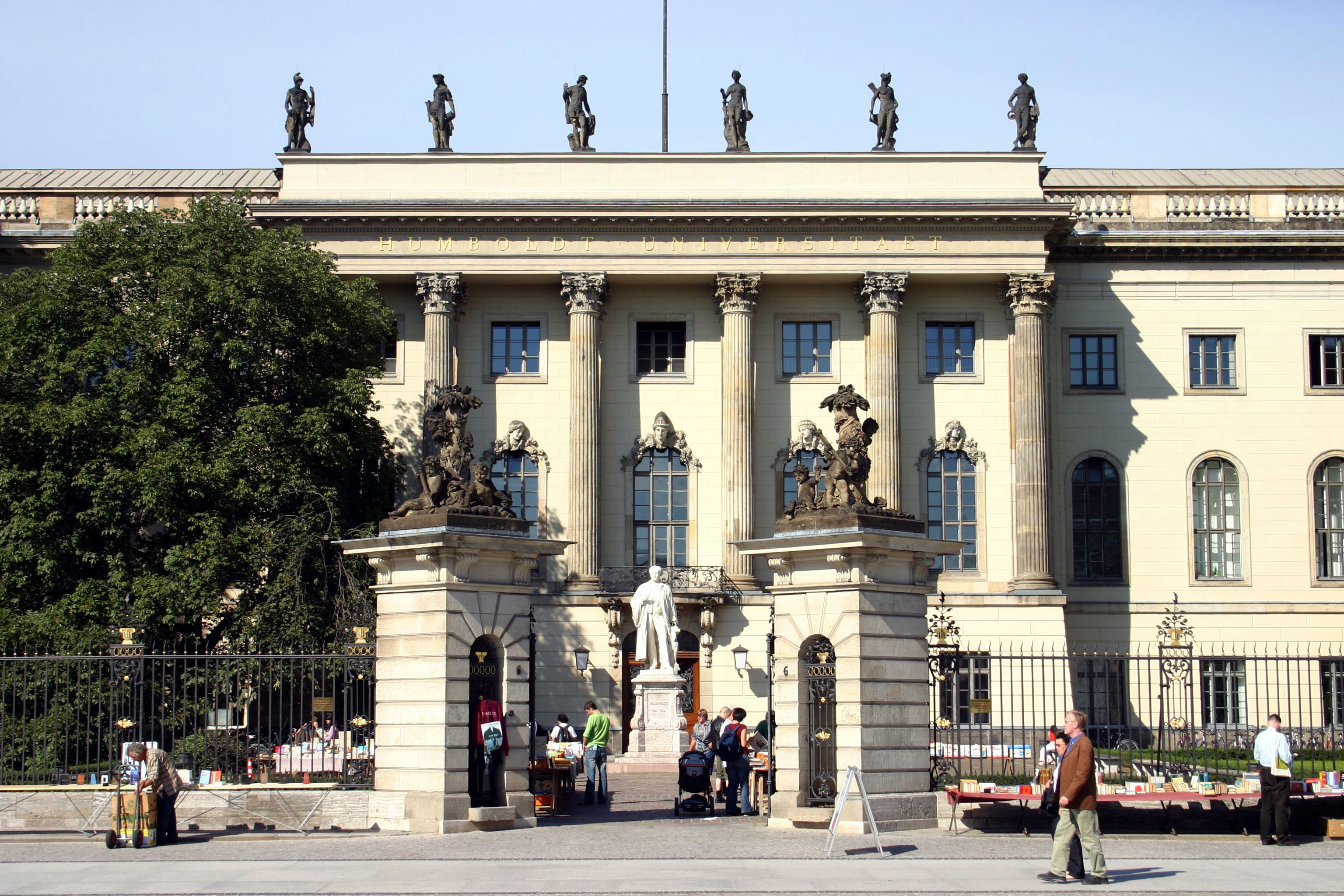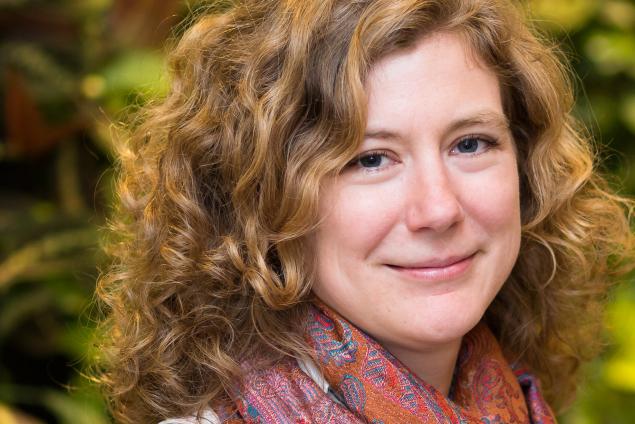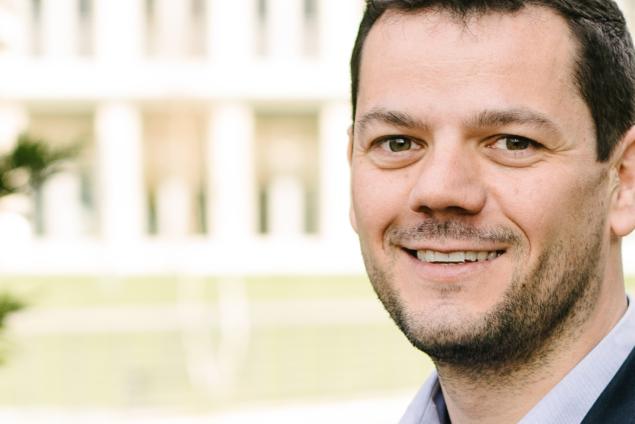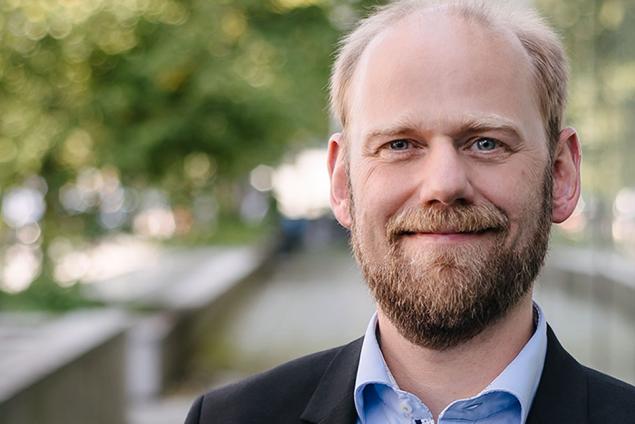Scroll to Section:
When faced with difficult decisions, people often demonstrate a preference for randomization, for the toss of a coin for example. In this video, GEORG H. WEIZSÄCKER explains that economic decision theory struggles to accommodate this phenomenon and he explores its consequences, focusing on the German university application system. Weizsäcker finds that, for significant numbers of applicants, the propensity to avoid decisions regarding their preferred university course has potentially detrimental effects. The research provides important insight not only into the consequences of indecisiveness in the system analyzed but also for decision making more broadly e.g. by consumers, in business organizations and in the medical sphere.
DOI:
https://doi.org/10.21036/LTPUB10690
Institution

Humboldt University of Berlin (Humboldt-Universität zu Berlin)
In 1810, Wilhelm von Humboldt’s idea of founding a new type of university became a reality. The combination of teaching and research, academic freedom and the comprehensive education of students was not only a model for the Prussian university but for the world as well. And a new era for universities and academic research began. Each year, over 6,000 people decide to study at Humboldt-Universität located in the heart of Berlin. There are few other places where you can choose from 190 degree programmes, from Agricultural Science to Asian Studies. The university is first and foremost dedicated to fundamental research. Humboldt-Universität’s strengths in particular are in research on antiquity, history, philosophy, and quantitative economics as well as the life sciences, especially theoretical biology, neurology and immunology. It also has strengths in mathematics, material and optical sciences, and climate and sustainability research. These key strengths are shaped by twelve collaborative research areas, nine graduate research clusters and eleven interdisciplinary centres. Three integrated research institutes strongly connect and coordinate different research areas while developing focused topics for the future. (Source: Humboldt-Universität zu Berlin)
Show more
Original publication
Flipping a Coin: Evidence from University Applications
Journal of Public Economics
Published in 2018
Beyond
A Ground-breaking Scientific Revolution
An Alarming Challenge for Society
If I Had a Second Life
A Personal Reading Recommendation




